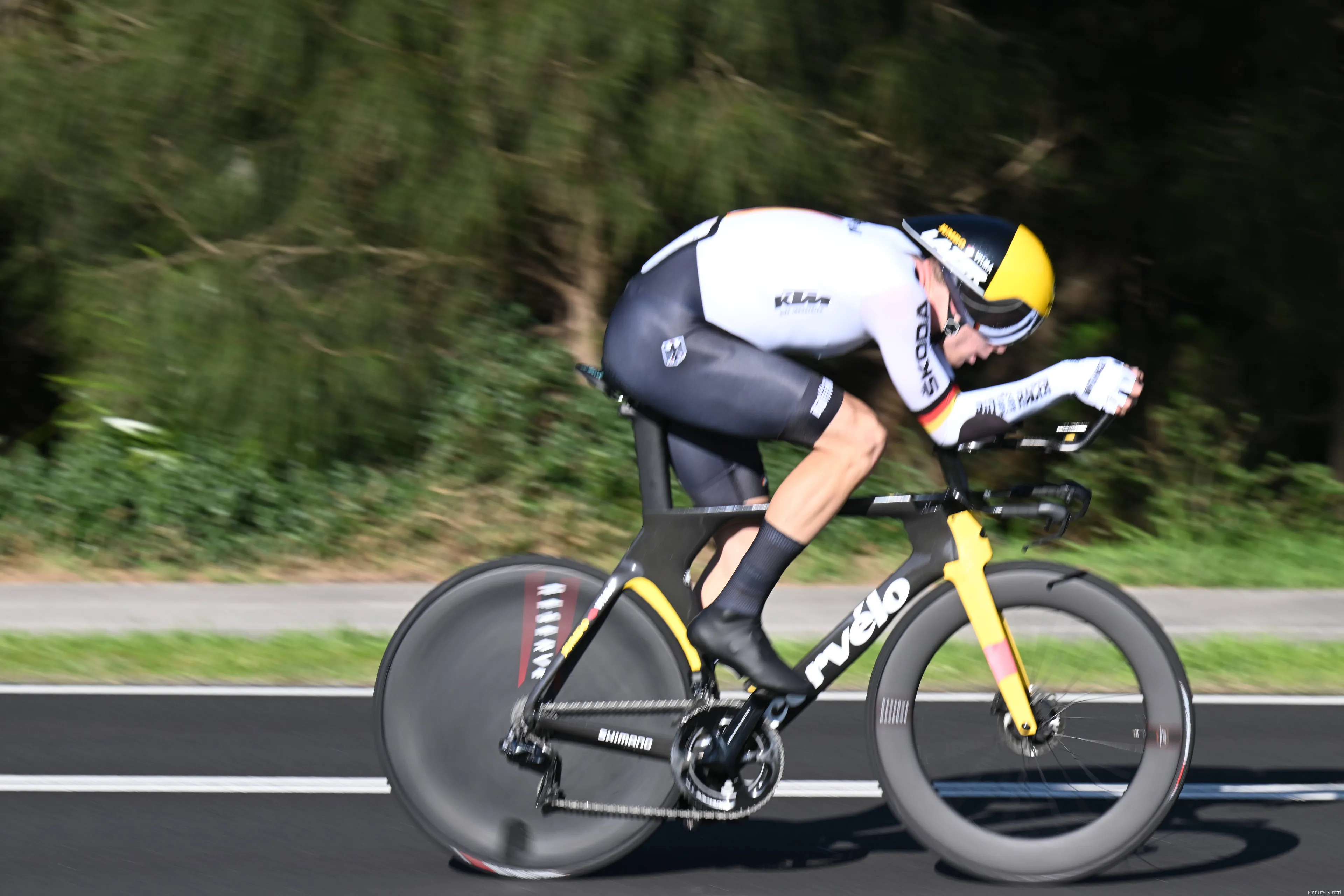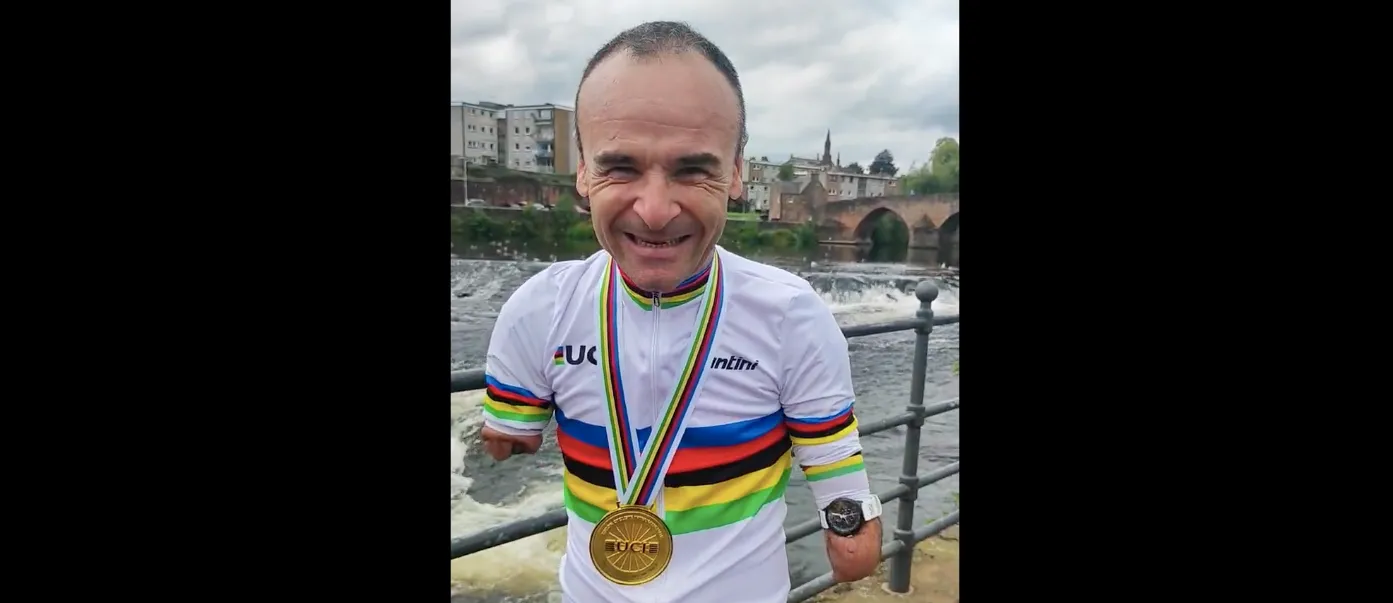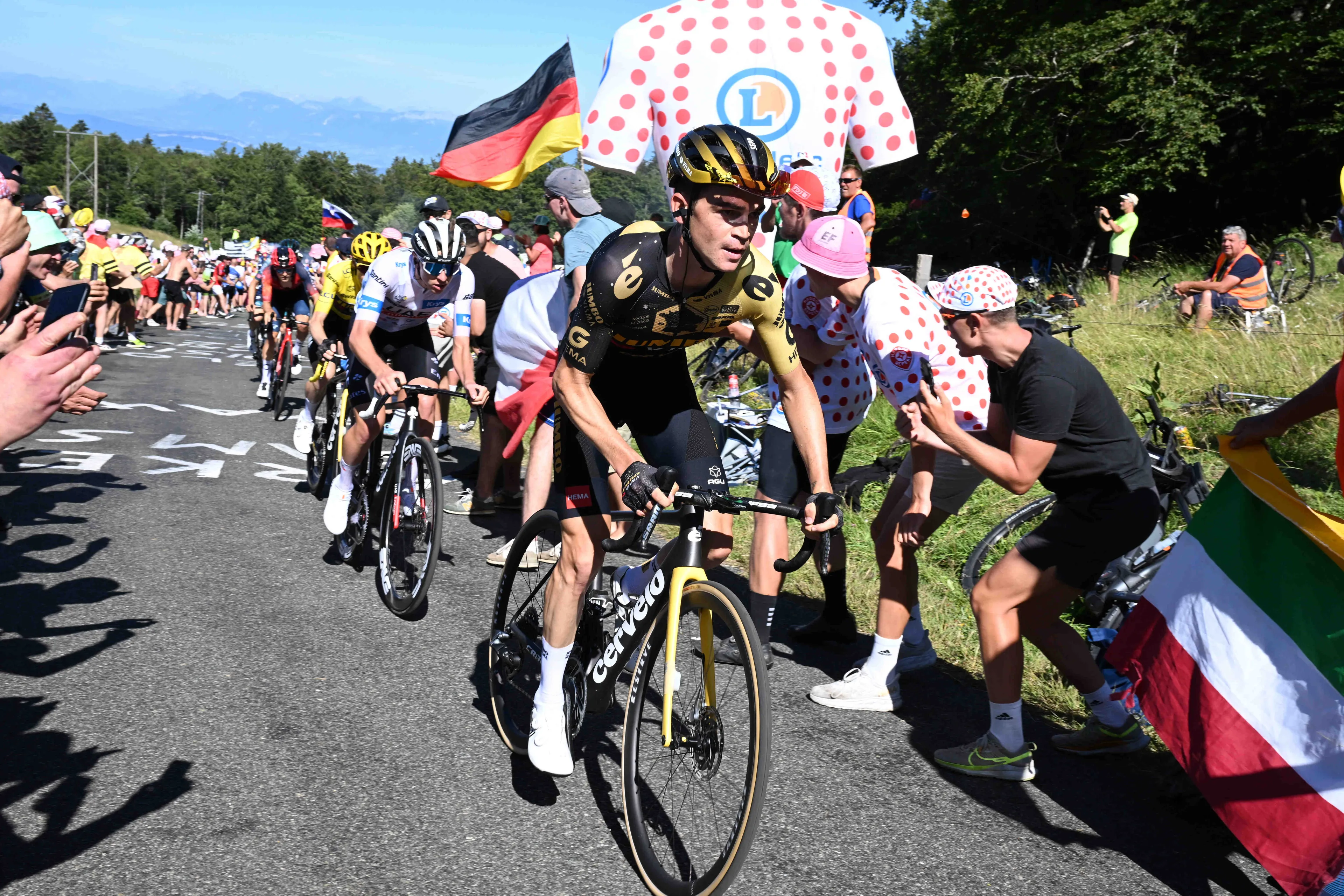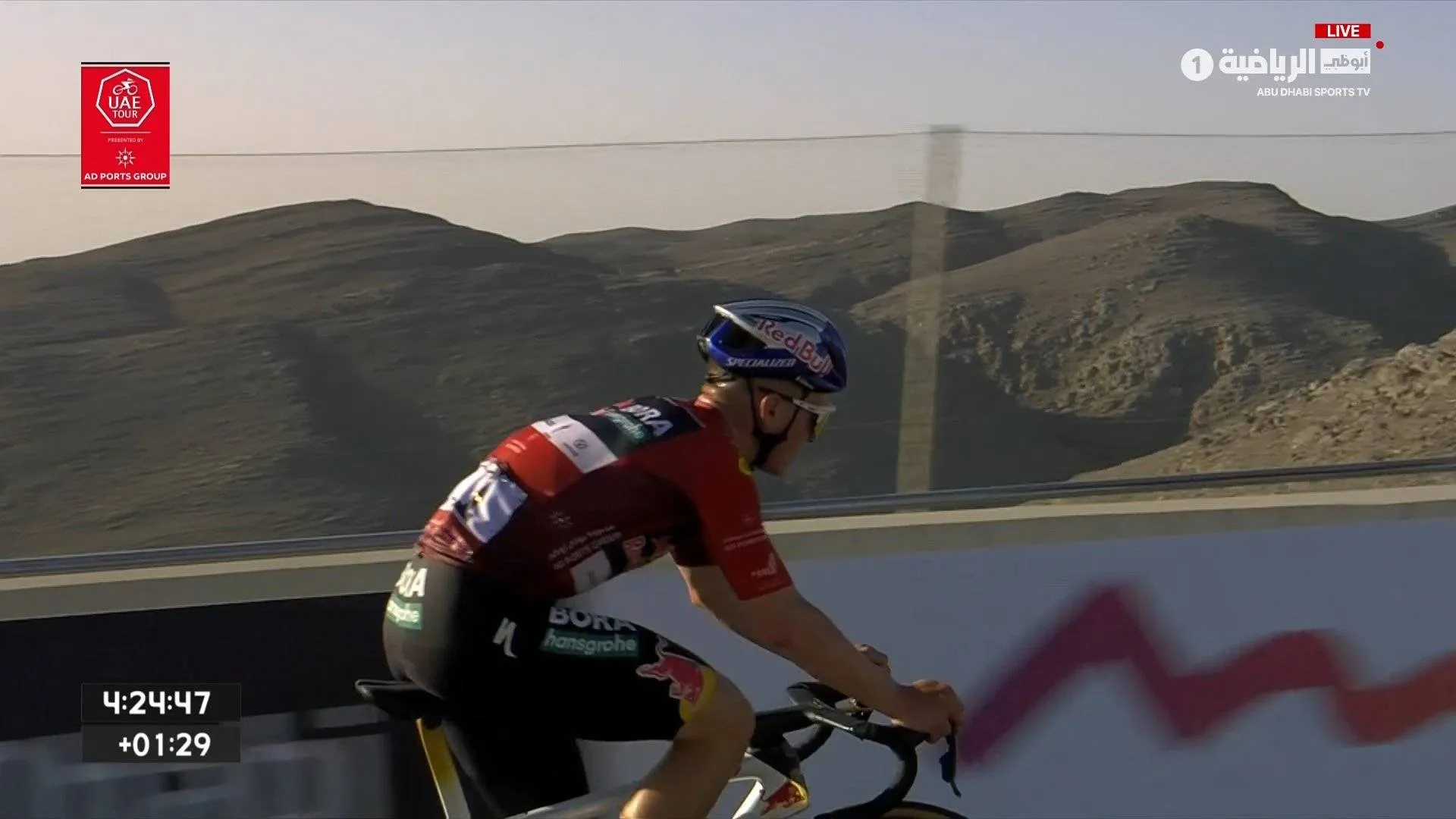Dutch Doping Authorities provide more explanation on the Hessmann case: "It (diuretics) may mask and reduce the excretion of (doping) substances"
CyclingThursday, 17 August 2023 at 13:12

Michel Hessmann was provisionally suspended on Wednesday due to a positive doping test on a diuretic. It is not known exactly which substance was found in the 22-year-old German, but the discovery is in any case reason to set off the doping alarm. A diuretic can mask doping use.
Urinary drugs, in a fancy word also called duretics, are prohibited in sports. "Diuretics, also known as diuretics, cause more urine production and a faster excretion of (doping) substances," the Dutch Doping Authority writes on its website. "Masks and reduces the excretion of (doping) substances. In addition, substances that increase the plasma volume of the blood belong to this category."
Read also
"Diuretics are drugs that stimulate the kidneys to make more urine. Not only is the production of urine accelerated, but the amount of urine is also increased. Diuretics are prescribed to treat high blood pressure and to reduce fluid retention in the body," said the Doping Authority: "Diuretics cause lower concentrations of doping substances in the urine. They can ensure that doping substances are removed from the body earlier."
Hessmann tested positive on June 14 in an out-of-competition check. These tests are taken at a place that athletes indicate themselves. They must pass on so-called whereabouts, in which time slot they are at which location, so that the doping inspectors can come and see them.
Read also
claps 0visitors 0
Just in
Popular news
Latest comments
- Fantastic climb by Tiberi. Let’s see more of this from him.Pedalmasher19-02-2026
- Loved watching this finale. Brutal climb, looked like a brand new Middle Eastern Alpe d'Huez with those switchbacks on the mountain edge. So much grit on Del Toro's face. I really thought he might catch Tiberi with about 1500m to go. Great stage.antipodeanpedalfan19-02-2026
- You’re expecting cycling to stay immune from this type of conjecture when the worlds’ most watched and listened to figure spouts out similar unsubstantiated crap daily? Most people just follow bad example because it’s a lot easier than figuring out a good one. Anyway, it could be anything, perhaps he just knew Andrew too well, or Sir Jim didn’t want him helping any more of those pesky foreigners and paid him off ;-) He doesn’t seem the Epstein type but if that was it, kudos to him for being practically the only one to resign BEFORE being found out. I find it very concerning that no-one has much to say about any of these people who keep at it until they just can no longer claim their innocence. Who did they learn from, Lance?Mistermaumau19-02-2026
- If you are going to make comments like that, back it up with proof. Otherwise keep them to yourself.Searider18-02-2026
- In the same place as the outcry over boys vs girls losing weight, which, is in about the same place as boys vs girls getting hit, or abused.Mistermaumau18-02-2026
- Haha.awp18-02-2026
- That's a little extreme, you take wins where you can get them.awp18-02-2026
- Ironic no, a British boss of British companies has no problem outsourcing a large proportion of jobs to foreigners and then complains a proportion of that proportion actually lives in the country. And do you expect if you leave that no-one will take your spot?Mistermaumau18-02-2026
- Slowly slowly the youngsters are making more and more of an impact.Mistermaumau18-02-2026
- I agree for certain situations, especially camps and popular training destinations but teams can’t manage or afford to chaperone all their riders all the time. Off season they still have to train and want to be home as much as they can (this is also where they are easiest to « catch »). On the other hand, if riders like Tadej accept « invitations » to ride on certain roads just for promotional purposes like in Gran Canaria they are also responsible for any trouble it attracts, you can’t expect people to stay away once you deliberately notify where you’re going to be and when. SeemsMistermaumau18-02-2026
Loading
It concerned an out-of-competition control on 14 June in Germany. The detected product is a diuretic medicine. We await the results of further investigation. Michel has been suspended by the team until further notice.
Write a comment











